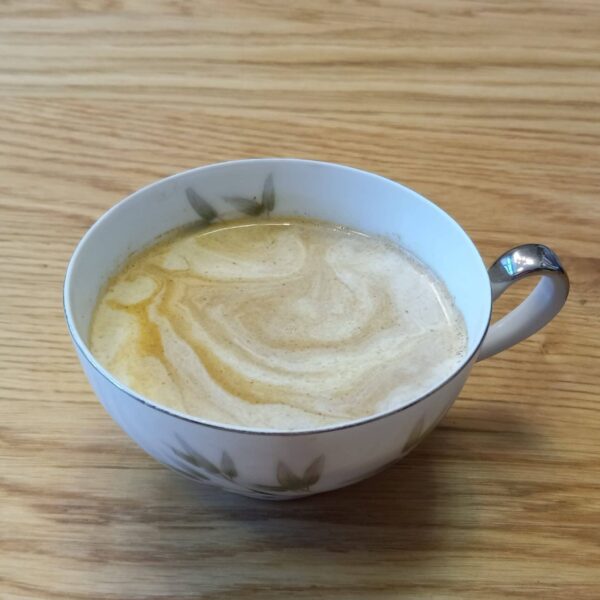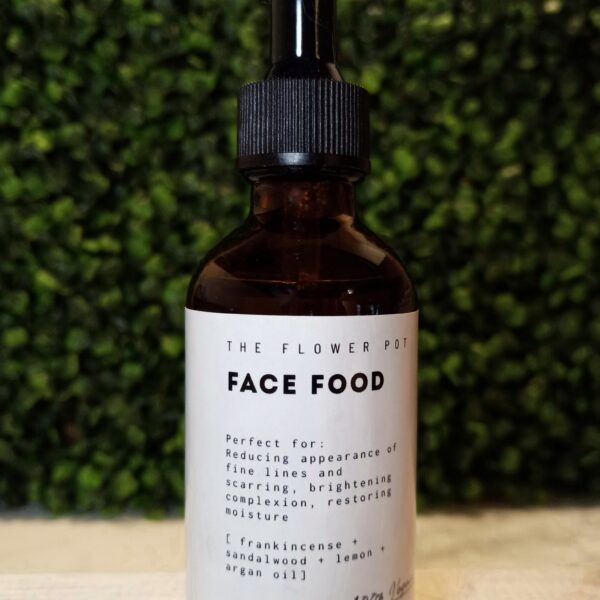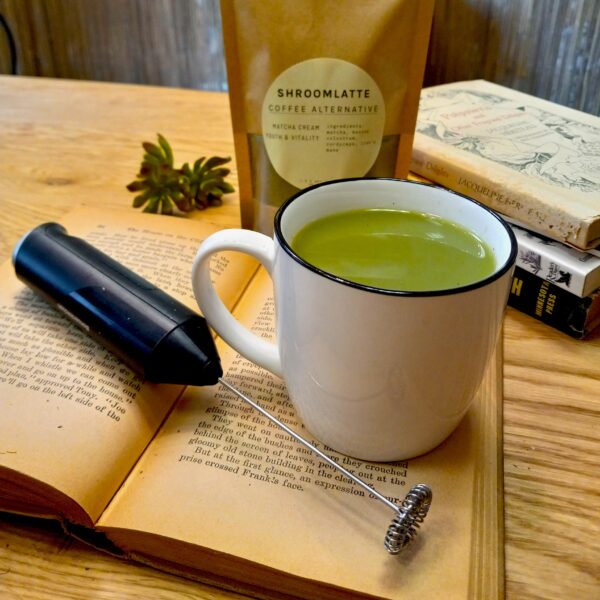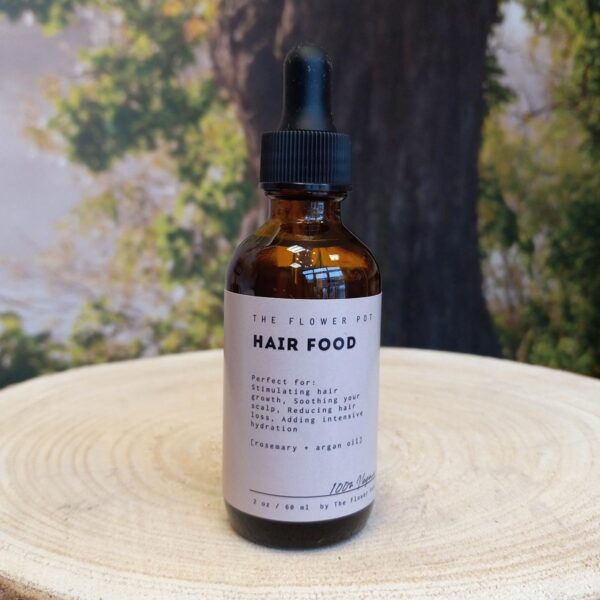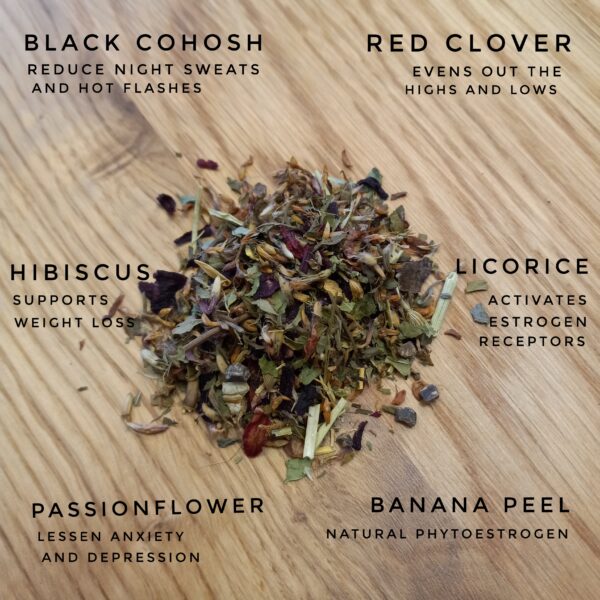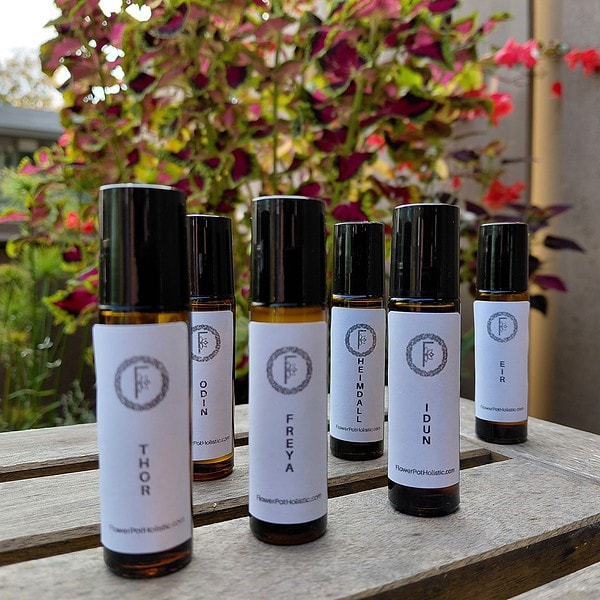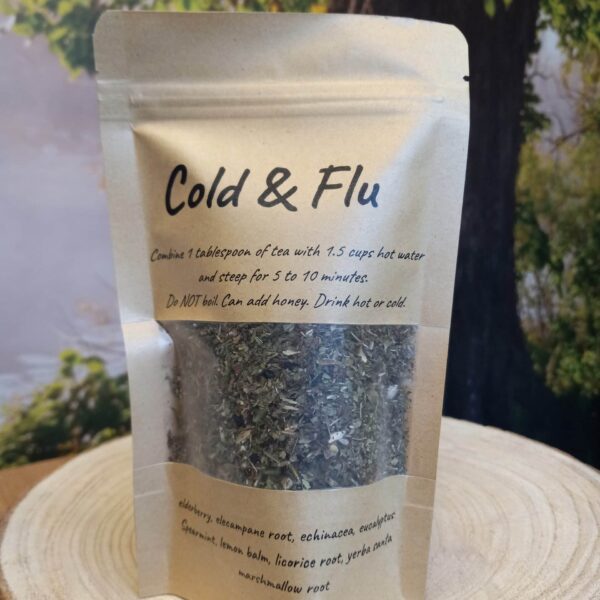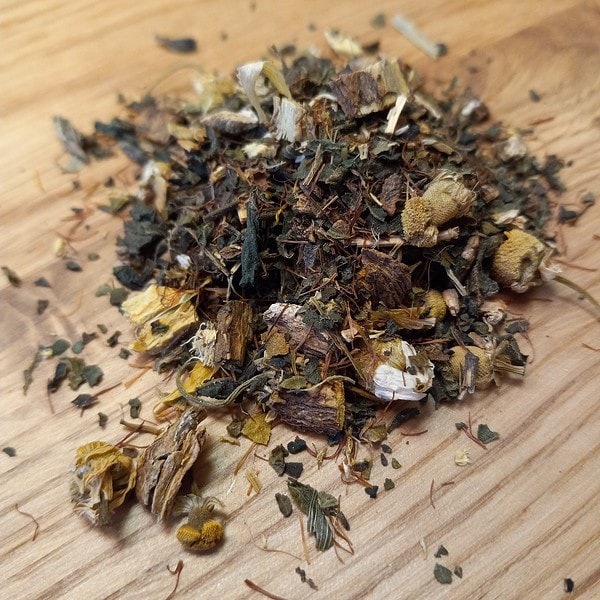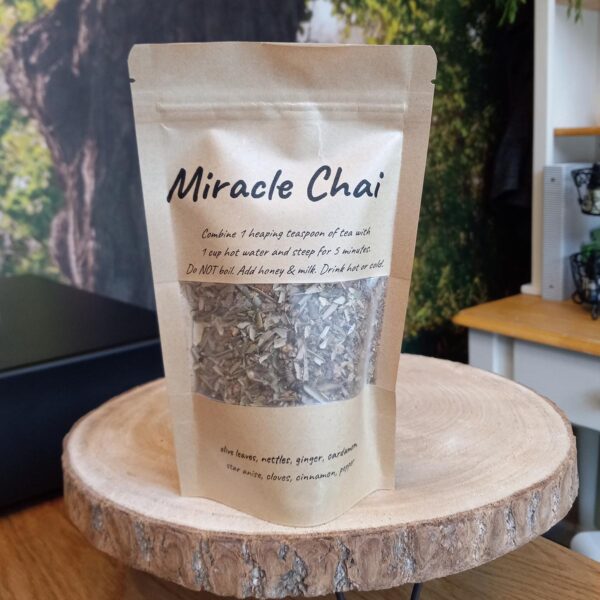Do you ever toss and turn all night, only to greet the sunrise feeling like you haven’t slept a wink? You’re not alone. Millions struggle to catch those precious Zzz’s, but a good night’s sleep is more than just avoiding daytime fatigue. It’s essential for our physical and mental health. In this post, we’ll unravel the science of sleep, from understanding your internal sleep-wake cycle to techniques that can lull you into dreamland. We’ll even explore natural sleep aids derived from plants that might just become your new bedtime best friend.
Decoding the Stages of Sleep:
Ever wondered what happens as you drift off to sleep? It’s not just flipping a switch and shutting down! Instead, it’s a fascinating journey through distinct stages, each playing a vital role in our well-being. First comes Stage 1, a gentle drift from wakefulness where your body sighs in relief, muscles loosen, and calmness washes over you. Then, Stage 2 brings you deeper into dreamland, where your body weaves the magic of memory and recharges for the day ahead. Stage 3, deep sleep, is the restorative champion – think of it as a cellular spa where tissues mend, growth surges, and your immune system gets a superhero boost. And finally, there’s REM sleep, the land of vivid dreams and emotional processing. Here, your mind flits and flutters with rapid eye movements and bursts of brain activity, leaving you feeling refreshed and emotionally centered when you wake.
Embracing Circadian Rhythms:
Feeling out of sync? We all have an internal conductor, a maestro of sorts called the circadian rhythm, that keeps our sleep-wake cycle in perfect harmony. Just like the sun rising and setting, these rhythms use light and darkness as cues, gently ushering us towards sleep when the day fades and coaxing us awake with the morning light. By aligning our sleep schedule with this natural conductor, we unlock the magic door to deeper sleep, sharper mornings, and a more balanced mood.
Rediscovering the Split Sleep Schedule:
Believe it or not, historical records suggest humans once followed a surprising sleep pattern – the split sleep schedule. Imagine catching some rest early at night, waking up for a peaceful interlude of reflection or chores, then returning to dreamland for another sleep session. Sounds strange, right? Well, the idea of sleeping straight through the night is actually a modern invention. The rise of artificial lighting and rigid work schedules ushered in by the Industrial Revolution completely transformed our sleep habits. Could reconnecting with this ancient rhythm unlock the door to deeper sleep for us modern-day folks?
Unveiling the Impact of Sleep Deprivation on Health:
Sleep deprivation can wreak havoc on our health, like a dark shadow creeping through our body and mind. From weight gain and diabetes to heart problems, depression, and anxiety, the consequences can be scary. But fear not, weary traveler! Knowledge is power, and by understanding the importance of sleep, we can pave the path to a healthier, happier you, one blissful night at a time.
Crafting Your Perfect Sleep Routine:
Here are 10 science-backed tips to establish a healthy sleep routine and finally conquer restless nights:
- Be a Creature of Habit: Maintain a consistent sleep schedule, even on weekends. This helps regulate your body’s natural sleep-wake cycle, leading to deeper, more restful sleep. Remember, consistency is key, so aim to align your schedule with natural light cycles whenever possible.
- Craft Your Calm Zone: Develop a relaxing bedtime routine that signals to your body it’s time to wind down. Think warm baths, light reading, or calming activities like meditation or deep breathing.
- Power Down, Not Up: Ditch the screens! Avoid electronic devices like phones, tablets, and laptops for at least an hour before bed. The blue light they emit disrupts your body’s production of melatonin, a sleep-regulating hormone.
- Craft a Sleep Sanctuary: Make your bedroom a sleep haven. Keep it cool, dark, and quiet. Invest in a comfortable mattress and pillows that support your body. Consider light-blocking curtains or an eye mask to ensure darkness.
- Mind Your Stimulants: Limit caffeine and alcohol, especially close to bedtime. Both can disrupt your sleep patterns. Opt for herbal teas with calming properties instead.
- Move Your Body: Regular exercise is great, but avoid vigorous workouts close to bedtime. Aim for moderate exercise most days, but give your body time to wind down before sleep.
- Fuel for Sleep: Avoid heavy meals, spicy foods, and large amounts of liquids before bed. Opt for light, easily digestible snacks if hunger strikes.
- Tame the Worries: Practice stress-reduction techniques like mindfulness, yoga, or journaling to calm your mind before sleep. If worries about tomorrow creep in, write them down to clear your head.
- Nap Wisely: Short naps can be helpful, especially after a rough night, but avoid long naps during the day. They can make it harder to fall asleep at night.
Mastering Techniques for Falling Asleep Quickly:
Here are 3 science-backed simple relaxation techniques you can try tonight to fall asleep quickly:
- Breathe Your Way to Sleep: The 4-7-8 breathing technique involves rhythmic inhalation, breath holding, and exhalation. This simple practice can calm your mind and body, promoting sleepiness.
- Relax One Muscle Group at a Time: Progressive Muscle Relaxation (PMR) involves tensing and releasing different muscle groups, progressively working your way up your body. By releasing physical tension, PMR can help you unwind and prepare for sleep.
- Imagine Yourself in a Peaceful Place: Visualization uses mental imagery to create a calming scene. Picture yourself on a relaxing beach, in a quiet forest, or anywhere that brings you peace. Focusing on these calming images can quiet a racing mind and lull you to sleep.
Unleashing the Power of Botanical Remedies:
Throughout history, people have turned to plants for a little help catching those precious Zzz’s. Here’s a peek at some botanical sleep superstars:
- Chamomile: This classic calming herb boasts a compound called apigenin, which might just quiet your mind and usher in sleepiness. Sip on a soothing cup of chamomile tea before bed for a relaxing bedtime ritual.
- Valerian Root: A natural remedy for insomnia for centuries, valerian root contains compounds that may boost levels of GABA, a neurotransmitter that promotes relaxation and regulates mood.
- Lavender: Inhale the calming scent of lavender essential oil or snuggle up with lavender-scented products before bed. The soothing aroma of lavender is renowned for reducing anxiety and promoting relaxation.
- Passionflower: Feeling restless? Passionflower might be your new best friend. Similar to valerian root, it works by increasing GABA levels, promoting a sense of calm and potentially improving sleep. Enjoy a cup of passionflower tea or try a supplement to see if it works for you.
There are many more botanicals whispering promises of a good night’s sleep. Let’s explore a few more:
- Lemon Balm, Ashwagandha, Magnolia Bark: These calming herbs, each with unique properties, may help reduce stress and anxiety, paving the way for a more restful night’s sleep.
Moving Beyond the Mainstream:
The world of botanical sleep aids extends beyond the usual suspects. Here are a few lesser-known options:
- Wild Lettuce, Blue Lotus Flowers: While research is limited, these plants have been used historically for their calming properties and potential sleep-promoting effects.
Important Note: When considering these less common botanicals, it’s crucial to do your research and consult with a healthcare professional to ensure safety and effectiveness.
This list covers just a few of the many botanical sleep aids available. If you are looking for carefully crafted tea to ease you into blissful sleep, you can try our RELAX tea.
Remember, everyone reacts differently, so it might take some experimentation to find what works best for you. Sweet dreams!
Join Our Mailing List!
Sign up and be the first to know about specials, promotions and our latest articles on health and wellness.
Cara Schulz
Cara Schulz, a cancer survivor and green tea lover, has opened The Flower Pot, a holistic wellness shop in Burnsville that offers products ranging from medicinal teas and wellness tonics and herbal tinctures.


